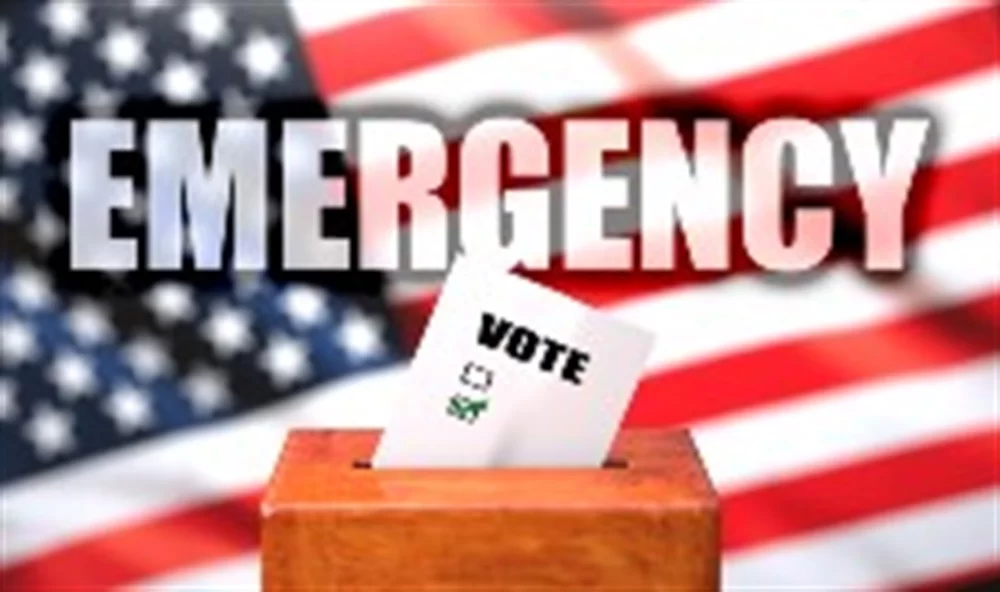
- 1-What-is-Election-Emergency-Protocol-Legislation
- 2-Importance-of-Emergency-Protocols-in-Elections
- 3-Key-Components-of-Election-Emergency-Legislation
- 4-Case-Studies-and-Recent-Applications
- 5-Legal-Challenges-and-Considerations
- 6-How-ESPLawyers-Can-Help
1. What Is Election Emergency Protocol Legislation?
Election emergency protocol legislation refers to laws and guidelines designed to ensure the continuity, security, and fairness of elections in the event of unforeseen emergencies. These protocols address scenarios like natural disasters, public health crises, or security threats that might disrupt normal voting processes. The legislation provides frameworks for adapting election procedures to maintain democratic integrity under such circumstances.
2. Importance of Emergency Protocols in Elections
Emergency protocols are critical to safeguarding voters' rights and ensuring the legitimacy of election outcomes. Without clear legislation, emergencies can cause confusion, disenfranchisement, and legal disputes. Properly crafted emergency protocols help election officials respond swiftly and effectively, minimizing disruptions while preserving transparency and fairness throughout the electoral process.
3. Key Components of Election Emergency Legislation
Effective election emergency legislation typically includes provisions for alternative voting methods such as mail-in ballots or extended voting periods, security measures to protect election infrastructure, and clear lines of authority for decision-making during crises. Additionally, it may outline communication protocols to keep the public informed and specify how challenges or disputes related to emergency voting will be resolved.
4. Case Studies and Recent Applications
Recent elections conducted amid the COVID-19 pandemic highlight the vital role of emergency protocol legislation. States that implemented flexible mail-in voting and safety protocols managed to conduct successful elections despite the public health emergency. These examples demonstrate how forward-thinking legislation can protect democratic processes in times of crisis.
5. Legal Challenges and Considerations
While election emergency protocols aim to facilitate voting, they can also raise legal challenges concerning voter access, privacy, and potential fraud. Courts may be called upon to interpret the scope and limits of emergency powers, balancing security with voters’ rights. It is essential that legislation is carefully drafted to withstand legal scrutiny and uphold democratic principles.
6. How ESPLawyers Can Help
Navigating the complexities of election emergency protocol legislation requires expert legal guidance. ESPLawyers specializes in election law and can assist governments, organizations, and individuals in understanding, implementing, and complying with emergency protocols. Their expertise ensures that election-related legal challenges are managed effectively, helping to protect the democratic process under all circumstances.








